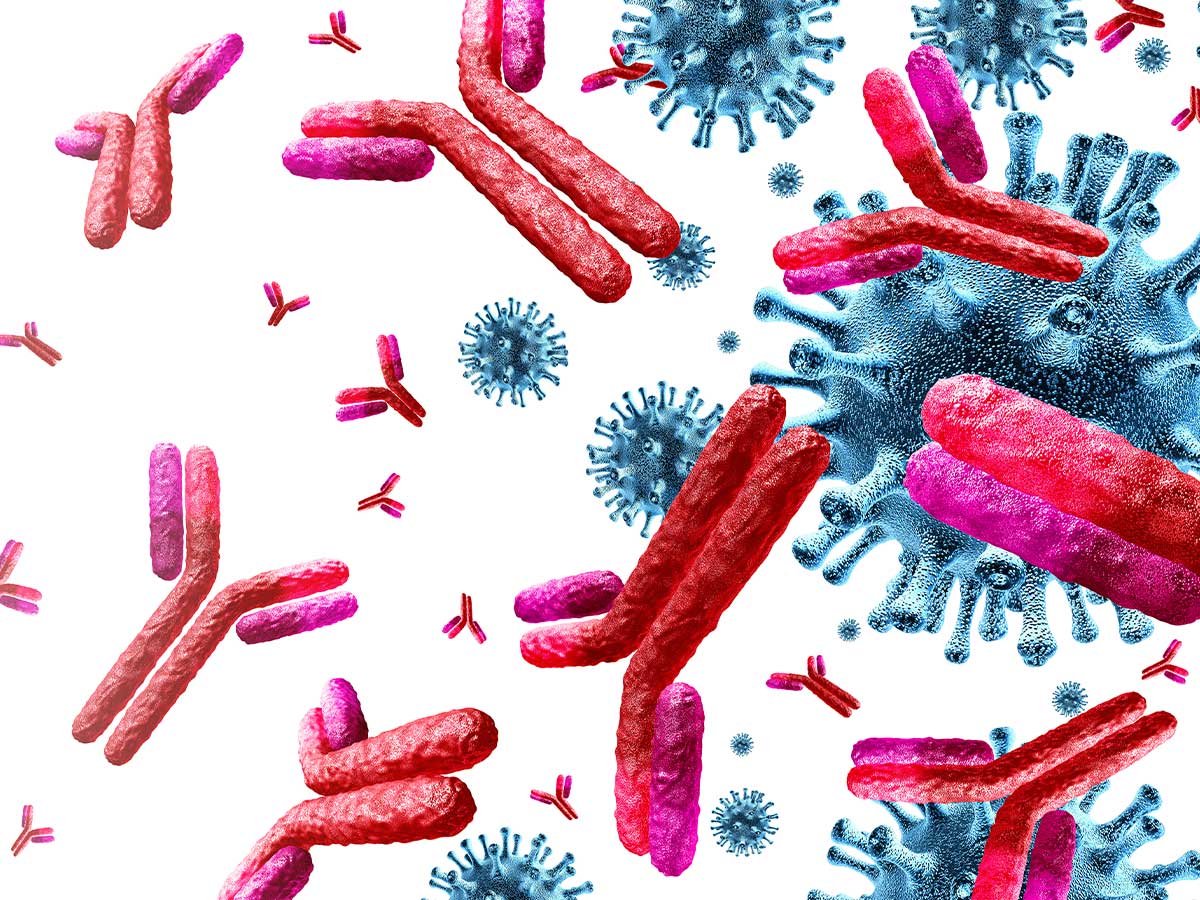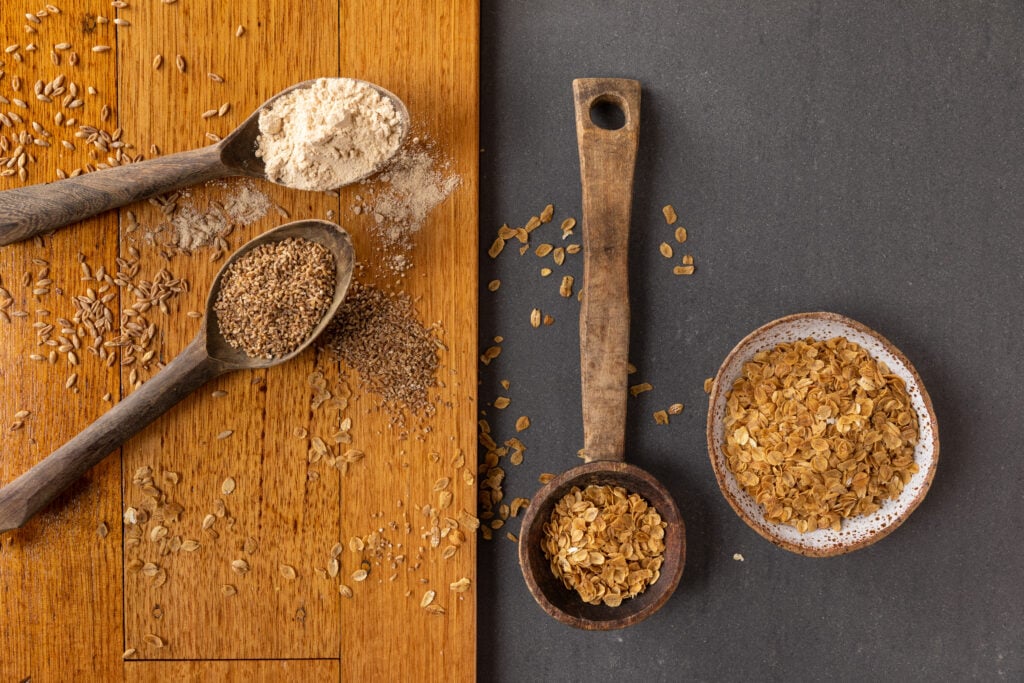Pujari, R. & Banerjee, G., 2021. “Impact of prebiotics on immune response: from the bench to the clinic”. Immunology & Cell Biology, 99, pp. 255-273.
Impact of prebiotics on immune response: from the bench to the clinic
What it contains
A review paper that analysed clinical articles on the impact of prebiotic fibres on immune cells and the regulation of the immune system. Prebiotics are known to provide ‘food’ for gut bacteria. However, prebiotics can also function by specifically altering immune cells. The cascading impact of this function is that prebiotics can support the gut cell wall integrity and lining strength. In doing so, it can also stimulate either pro- or anti-inflammatory effects, depending on the host situation. So the focus of this review was to analyse the link between prebiotics, the immune system and the gut microbiome.

The prebiotic effect
- Prebiotics interact with several parts of the immune system.
- There are two parts of the immune system: 1) Our innate immune system; 2) Our acquired immune system over time, due to exposures and experiences. Prebiotics offer benefits in both parts.
- Prebiotics, either alone or through the production of short chain fatty acids can stimulate an anti-inflammatory response.
- Studies support that prebiotics contribute to maintaining gut permeability and also in controlling inflammation within the gut.
- The short chain fatty acids which are produced in the gut due to prebiotic fermentation, stimulate the inflammasome pathway. This pathway is essential for maintaining the gut cell wall integrity.
- Interestingly, the short chain fatty acids also impact specific immune cells that relate to the gut. These include macrophages and regulatory T cells.
- The impact of butyrate on macrophages is so profound as it alters the epigenetic changes and reducers pro-inflammatory markers.





